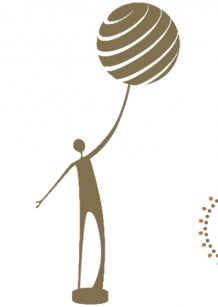
Human rights medal
Winner
Johnathan Thurston
NRL star Johnathan was recently named the 2018 Queensland Australian of the Year for his ongoing commitment to improving the life outcomes for Aboriginal and Torres Strait Islander Australians. Johnathan is a role model and mentor and is involved in a multitude of community programs including NRL Cowboys House which provides support and accommodation for Indigenous students from remote Queensland communities.

